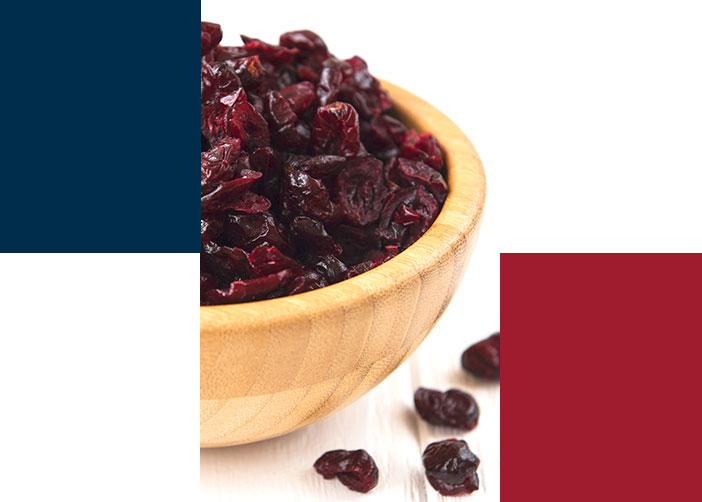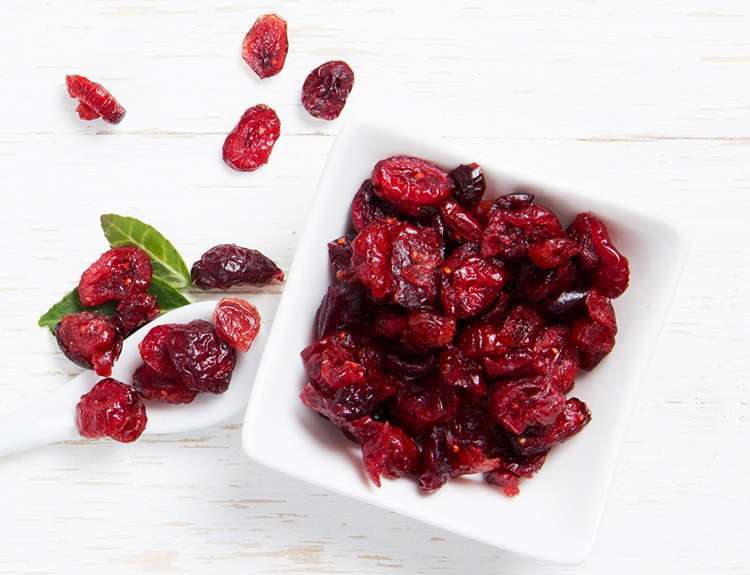
Dr. Madhu Sharma
MBBS, MD, ADHA
Professor, Department of Microbiology, Pt. BDS, PGIMS, Rohtak Haryana


H. Pylori
Helicobacter pylori is a curved bacterium that can infect H.pylori. It colonizes the stomach of 50% of world’s population. It can be transmitted from person to person and spreads due to poor hand hygiene. It can also be spread through contaminated food or water, through kissing or other close contact, and hence infection tends to cluster in families and among people who live in nursing homes and other supervised facilities.
Due to their active motility, spiral shape, acid-resistant property, in having adhesins for binding the mucosal epithelium, these bacteria are able to survive in the acidic part of the stomach and can even penetrate the stomach lining. Smoking, diets with high salt intake and excessive usage of preserved food increases the risk of development of ulcer and cancer in H. pylori colonized individuals.
Early H. pylori screening and diagnosis followed by conventional multidrug treatment is effective in preventing and eradicating H. pylori. However, there is about 30% treatment failure rates because of development of antibiotic resistance, antibiotic therapy associated adverse effects, risk of reinfection, poor patient compliance and high cost of antimicrobial therapy. Also, there is no vaccine for the prevention or eradication of infection.
Therefore, new therapeutic approaches using natural resources such as plant based, probiotics and other dietary interventions have emerged to help patients to comply with treatment.
Alternative therapies though are not found to be effective in eradicating the organism but have shown to maintain low organism levels, preventing the adverse effects of antibiotics, modulating the immune response, gastroprotection and the general promotion of health. They can be used as adjuvants to H. pylori antibiotic therapy.
A recent study by Zhe‐Xuan Li et.al. (2020) on Cranberry (Vaccinium macrocarpon Ait.) juice has documented that regular consumption of cranberry juice, when administered at the correct dosage and frequency, has potential to partially suppress H. pylori.
